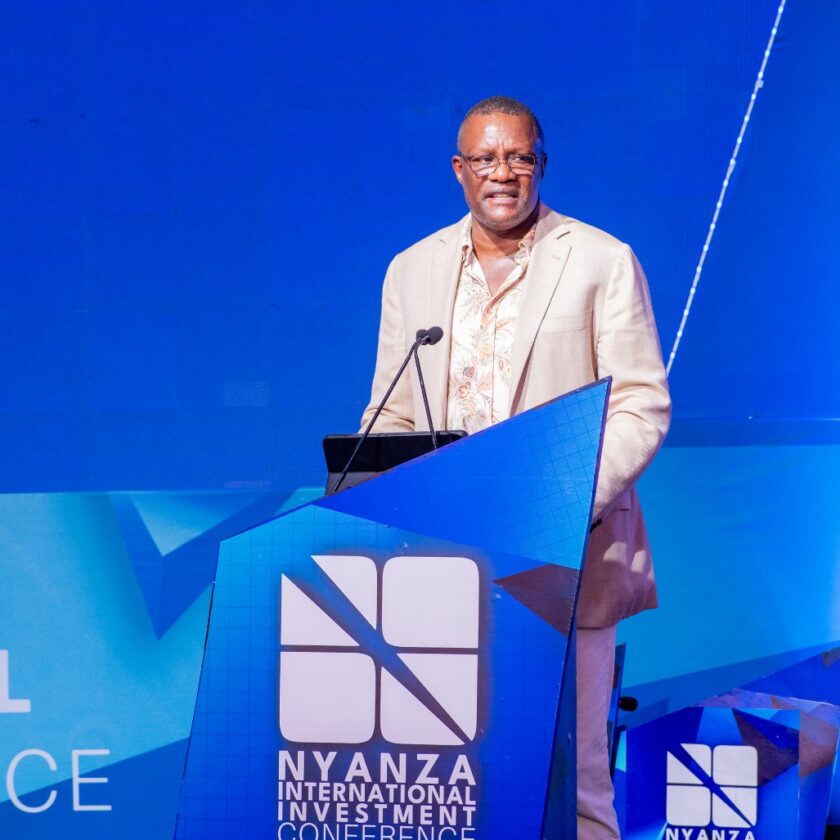In a landmark move poised to significantly bolster regional environmental stewardship, the East Africa Community (EAC) Member States have committed to the formulation and adoption of a unified water quality policy. This strategic initiative, aimed at safeguarding Lake Victoria and other vital water bodies within the region, was resolved during the 22nd Sectoral Council of Ministers on Lake Victoria Basin (SECOM-LVB) meeting held in Kisumu.
The assembly, comprising Cabinet Ministers and Permanent Secretaries from the seven Member States, underscored the urgency of a cohesive approach to water conservation, addressing the disparate water quality policies that have hitherto impeded effective conservation efforts across the Lake Victoria Basin.
The Lake Victoria Basin Commission (LVBC), under the stewardship of its Executive Secretary, Dr. Masinde Bwire, has been tasked with spearheading this pivotal policy development process. The proposed policy framework aims to harmonize the divergent water quality management strategies of the EAC nations, streamlining conservation efforts to mitigate the escalating pollution challenges afflicting Lake Victoria and its surrounding water bodies. Dr. Bwire emphasized the critical nature of this initiative, highlighting the dire water quality issues that not only threaten the lake’s biodiversity but also compromise the economic benefits accruing from this significant aquatic resource.
The envisioned policy, slated for implementation between 2025 and 2050, promises to provide comprehensive guidelines essential for the restoration of the lake’s fragile ecosystem. This document, upon its completion, will necessitate adoption by all EAC Member States, marking a significant milestone in regional collaborative efforts towards environmental preservation.
This ambitious undertaking is expected to mobilize substantial resources from development partners, facilitating a series of conservation initiatives aimed at rejuvenating Lake Victoria and its catchment areas. The magnitude of this long-term project underscores the need for a concerted effort among the partner states and their development allies to secure the financial and technical support requisite for its successful execution.
A Critical Step Towards Enhancing Regional Integration
The meeting in Kisumu, chaired by South Sudan’s Minister for Water and Irrigation, Pal Mai Deng, drew participation from a diverse group of regional leaders, including Kenya’s Cabinet Secretaries for Water, Sanitation, and Irrigation, Zachariah Njeru, and Mining, Blue Economy, and Maritime Affairs, Salim Mvurya. Delegates from Tanzania, Uganda, Burundi, and Rwanda also contributed to the discussions, highlighting the collective resolve of the EAC nations to address the environmental challenges facing Lake Victoria.
The convergence of these nations around the cause of water quality preservation signifies a critical step towards enhancing regional integration and fostering sustainable development. The proposed water quality policy not only aims to protect the ecological integrity of Lake Victoria and other water bodies but also seeks to strengthen the economic and social ties among the EAC Member States.
By prioritizing environmental conservation and the sustainable management of aquatic resources, the EAC demonstrates a forward-thinking approach to regional cooperation, setting a precedent for collective action in the face of shared environmental challenges.
Kisumu City news




